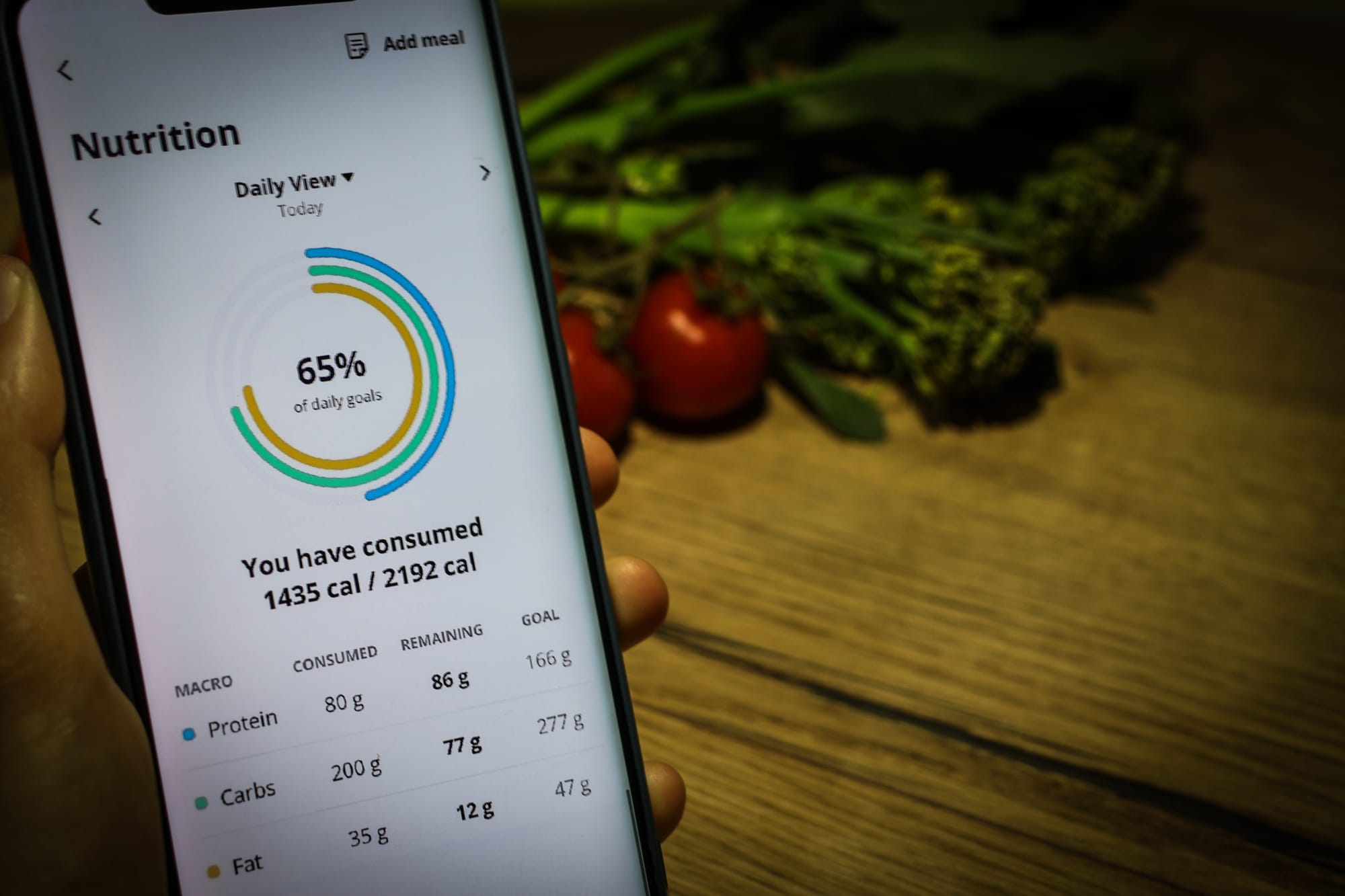Should I Track My Diet?

Tracking macros, counting calories, weighing food - sounds like a lot of work. We see top performers in sports doing it consistently but is it really necessary if you just want to drop numbers on a scale or build some muscle? Let’s get into it.
Why would I need to track my diet?
For the same two reasons you should book events on a calendar or register upcoming tasks: awareness and adherence.
When it comes to nutrition, it's quite easy to fall off track. Stress, limited time to prepare and social events - everything seems to pile up and leads us to the same old excuse - “it’s just this one time”.
Most of us struggle understanding portions. Do you know much of your plate is occupied by 100g of rice? How many spoons of olive oil should you use to season your salad? It’s all too easy to get lost. Take a look at this example:

If you track your diet, you’ll be more likely to hold yourself accountable for any deviation from the original plan, while making sure that you’re getting the right amount of food/nutrients you’re aiming for.
What should I do?
First and foremost, to track your diet you should make sure that whatever plan you’re following, is adapted to your needs - no, that plan that worked for your friend will not work for you. If you don’t have a nutrition plan, you should ask for the help of a professional to save time and make sure that you're on the right path to achieve your goals and long-term health.
Once you have a plan, you can track it in different ways (these are not mutually exclusive):
- Make a food journal - take pictures of every meal - especially if it's not according to your plan
- Commit with a friend or family member and hold each other accountable - send them the pictures, celebrate your wins and call each other out when needed (if no one wants to do it with you, we’re happy to 🙂)
- Weigh your food - keep your scale on your kitchen worktop so that it's easily accessible. You don’t have to do it every single day, but it’s important to keep it consistent until you know your portions
- Prepare your meals and schedule in advance
- Be prepared for deviations - if you’re hungry mid-afternoon, make sure you’ve got healthy snacks with you
Can I hit my goals without tracking my diet?
Generally, we underestimate how much we eat in a day, so it's recommended to track the calories you consume at least for a short period of time. This will help you get a better understanding of portion size and make sure that you're on track to get good results.
If you find it manageable, then it's always best to know much you're consuming as it'll provide you with greater control.
If you don't find it manageable, we recommend doing it for a short period of time and then starting to eye-ball portion sizes. If you realize that you are then starting to lose / gain weight that you don't expect, return back to measuring for a short period of time and treat it like a process of trial and error.
The only reason that you should not measure your food is because you easily become obsessed with it. If that’s your case, we recommend you do this process with the help of a professional.
If you'd like help with setting a manageable plan that suits your preferences and adapts to your lifestyle, get in touch to work with our certified professionals.



